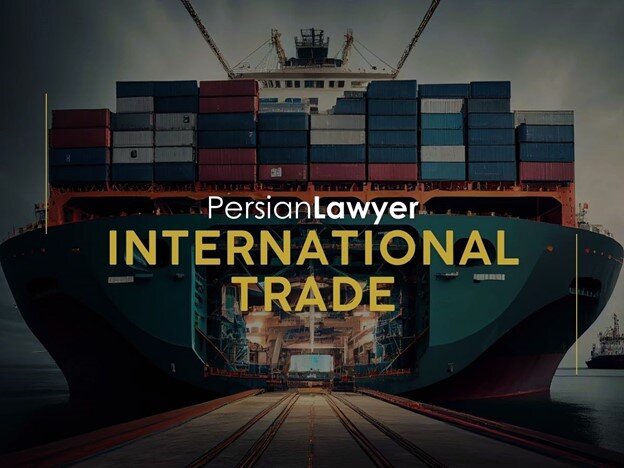Iranian International Trade Lawyers & Fossil Fuel Subsidies

PersianLawyer.biz - Fossil fuel subsidies are government policies that provide financial assistance to the fossil fuel industry, including coal, oil, and natural gas.
These subsidies often take the form of direct payments, tax breaks, or other financial incentives. The debate surrounding fossil fuel subsidies involves economic, environmental, and international trade considerations. Iranian International Trade Lawyers play a crucial role in navigating the complex legal and trade aspects of these subsidies.
1. International Trade Agreements:
Iranian International Trade Lawyers are well-versed in the various trade agreements that govern global commerce, such as the World Trade Organization (WTO) agreements. Fossil fuel subsidies can become a contentious issue within these agreements, as they may be perceived as distorting competition and trade.
2. Subsidies and Trade Distortion:
Fossil fuel subsidies can distort international trade by providing an unfair advantage to subsidized industries, affecting the competitiveness of clean energy alternatives. Iranian International Trade Lawyers assess the implications of these subsidies under trade agreements and advise on legal actions that may be taken to address potential distortions.
3. WTO Rules and Disciplines:
The WTO has rules and disciplines in place to address subsidies and their impact on trade. International trade lawyers help governments and stakeholders understand and navigate these rules. They can advise on whether a specific subsidy may be challenged under WTO rules and what legal avenues may be pursued to address any trade distortions.
4. Trade Disputes and Resolution:
In cases where fossil fuel subsidies lead to trade disputes, Persian International Trade Lawyers are instrumental in representing the interests of their clients before dispute settlement bodies. They provide legal analysis, present arguments, and navigate the dispute resolution process to seek a resolution that aligns with international trade rules.
5. Environmental Considerations:
Fossil fuel subsidies not only impact international trade but also have significant environmental implications. International trade lawyers specializing in environmental law can provide insights into the environmental aspects of these subsidies. They may collaborate with environmental organizations to highlight the environmental harm caused by certain subsidies and advocate for their reduction.
6. Trade Policy Advocacy:
Iranian International Trade Lawyers may engage in trade policy advocacy to promote sustainable trade practices. This involves working with governments, international organizations, and non-governmental organizations to shape trade policies that consider the environmental impact of fossil fuel subsidies and promote clean energy alternatives.
7. Bilateral and Multilateral Negotiations:
Negotiations between countries to address fossil fuel subsidies may involve complex legal considerations. International trade lawyers participate in these negotiations, providing legal expertise to ensure that agreements are in line with international trade rules and principles.
8. Compliance and Policy Analysis:
Persian International Trade Lawyers assist governments in assessing their own subsidy programs for compliance with international trade rules. They conduct policy analyses to determine the potential trade implications of specific subsidy programs and recommend adjustments to align with international norms.
9. Future Trade Agreements:
As the global community explores new trade agreements and frameworks, Iranian International Trade Lawyers contribute to shaping these agreements with an eye towards addressing fossil fuel subsidies responsibly. They may advocate for provisions that encourage sustainable and environmentally friendly trade practices.
In conclusion, the intersection of fossil fuel subsidies and international trade involves intricate legal considerations. Iranian International Trade Lawyers play a crucial role in analyzing the impact of these subsidies on trade, navigating international trade agreements, and contributing to the development of trade policies that balance economic interests with environmental sustainability. By leveraging their legal expertise, these professionals contribute to shaping a global trade landscape that encourages cleaner energy practices and addresses the challenges posed by fossil fuel subsidies.
Disclaimer: This article is for informational purposes only and does not offer any legal advice.
Leave a Comment